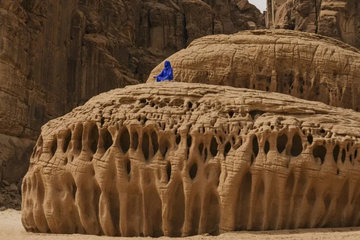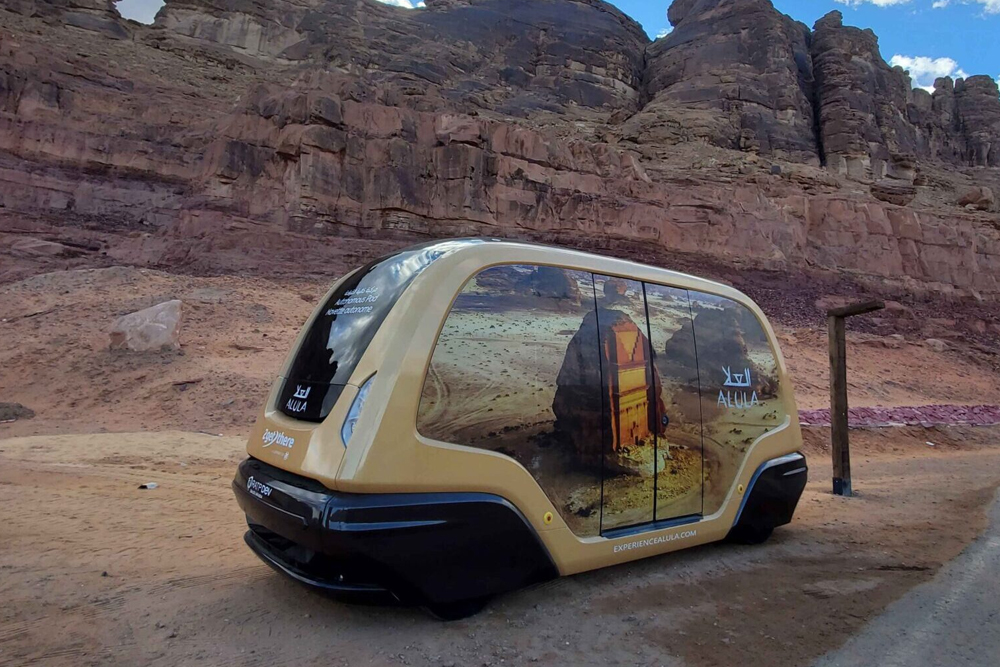
The ancient desert sites in Saudi Arabia’s northwest are on the way to become a global centre for tourists, enterprises, and investors from around the world. Given the Saudi government’s ambitious intention to diversify the economy, particularly through impressive investments in the travel and tourist sector, that objective is closer than ever.

But in order to fully utilize AlUla’s distinctive heritage attractions, the RCU must attend to the local community’s economic requirements and identify and address opportunities for long-term capacity growth and development.
To overcome the challenge, the RCU has signed a strategic partnership with the World Bank to develop AlUla. Over the course of a renewable one-year partnership, the two entities will transform the local economy by identifying and developing tourism-focused small- and medium-sized enterprises, promoting investment, creating jobs and uplifting the community.
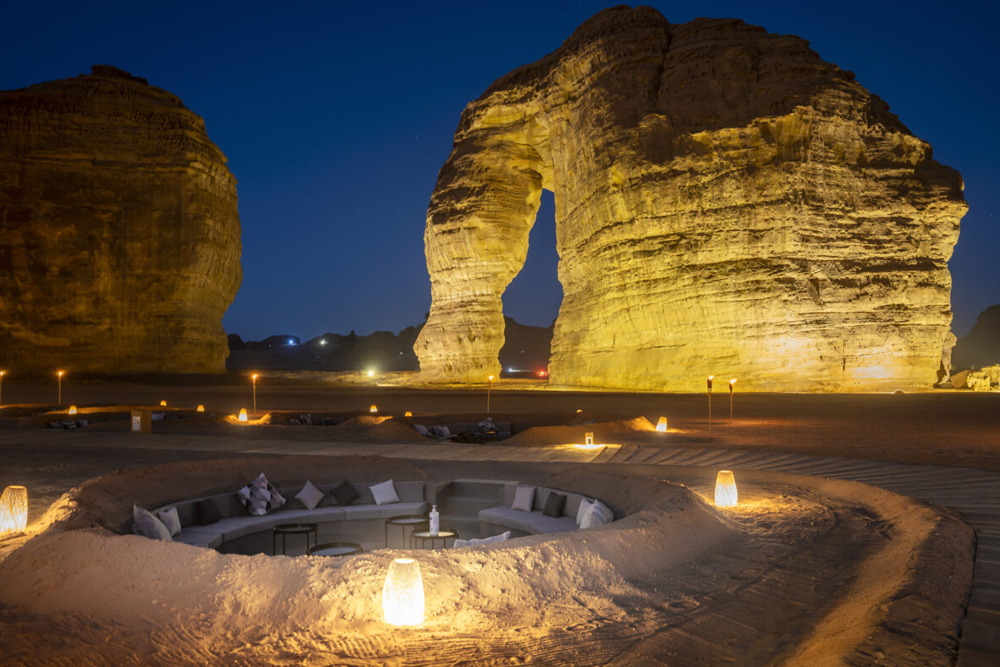
“A more dynamic, inclusive, and resilient landscape for both companies and employees is a key milestone on the ... road map toward achieving economic sustainability across AlUla County,” the RCU said in a statement late last month.
The RCU and the World Bank have partnered strategically to build AlUla in order to meet the challenge. Over the course of a one-year collaboration that is renewable, the two parties will find and develop small and medium-sized businesses that are focused on tourism, encourage investment, generate jobs, and elevate the neighborhood.
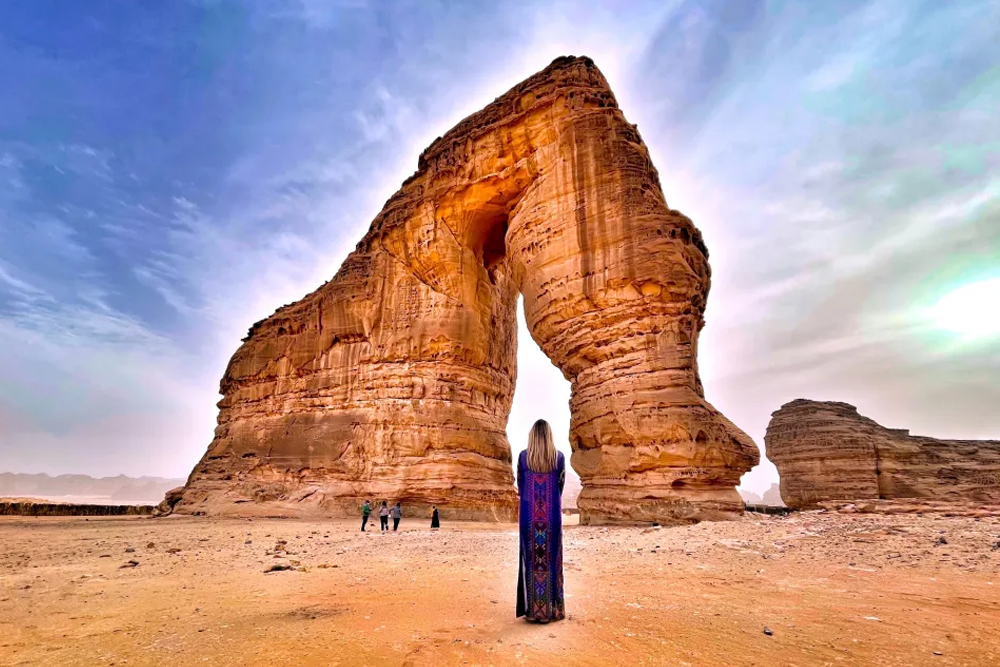
“A more dynamic, inclusive, and resilient landscape for both companies and employees is a key milestone on the ... road map toward achieving economic sustainability across AlUla County,” the RCU said in a statement late last month.
“The partnership builds on previous collaboration to provide technical advisory based on the World Bank’s global knowledge and experience, including in sustainable tourism development and cultural heritage,” Issam Abousleiman, the World Bank’s GCC representative, told Arab News.
The agreement adds to the RCU’s growing network of international partners, which already includes UNESCO and the International Union for Conservation of Nature, and comes under the World Bank’s cooperation with the Saudi Ministry of Finance. According to Arab News, the World Bank will assist the RCU in developing the frameworks required to accomplish its goals and preserve its historical heritage.
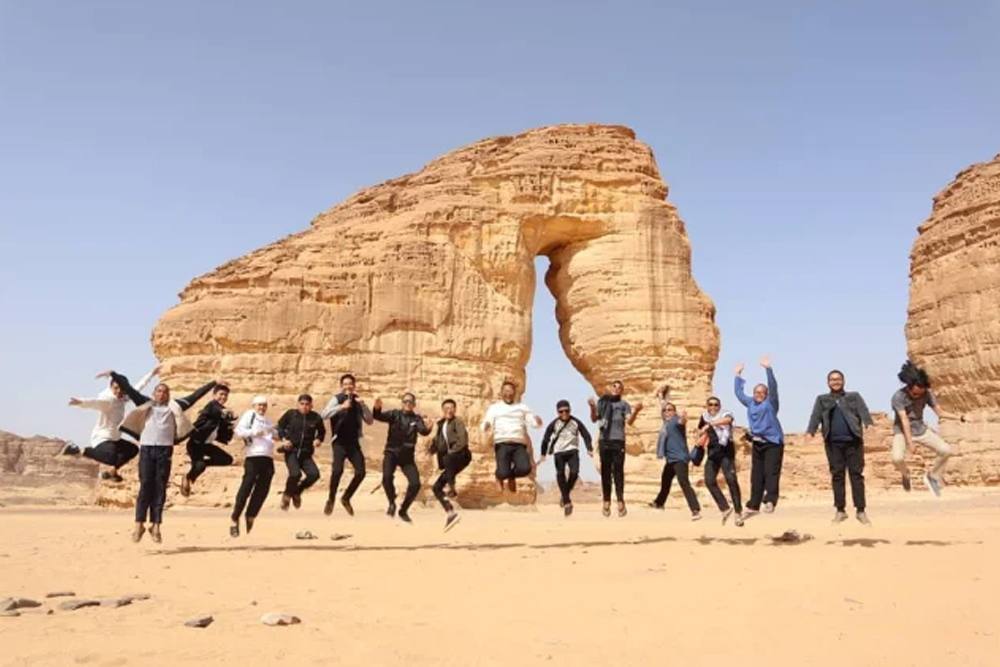
Abousleiman praised the RCU’s work to date “to leverage the World Bank’s wide-ranging expertise to provide advisory services, knowledge management and capacity building focusing on social, environmental and economic sustainability in the development of AlUla.”
AlUla’s “Journey Through Time Masterplan,” launched in April 2021, calls for the creation of five different districts that are centered by five heritage sites spanning 10 million square meters of revitalized open space. 15 other cultural resources, including museums and art galleries, will be added to this.
The RCU-World Bank partnership is now in the assessment stage. “Visibility on shared outcomes, on critical tools, policies and ideas will help the partnership build strong cultural, social and financial strategies at the operating level while also emboldening its chances of success,” said Kurdi.
Different benchmarks will be used to monitor the sucess of the initiative to shape implementation and technical expectations, including coordination between experts from the RCU and the World Bank. Kurdi added: “We have high expectations for our partnership with the World Bank to achieve physical, social and fiscal sustainability within AlUla while delivering on our quality-of-life goals.”



